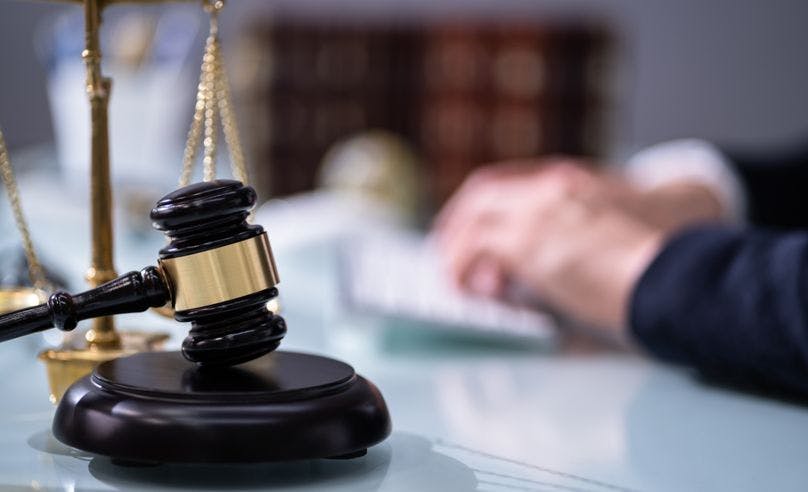Here's How You Can Prepare For The Legal Typing Test

Typography is a vital skill that opens doors of opportunities. It is now the most demanding skill. Having typing proficiency is like a crown jewel in your resume. The skill is not only for administrative jobs but also aids in legal job offers.
The lawful institute also has more documentation work. Their tasks consist of lengthy contracts and written documents. Proficient typing skills are essential in legal workplaces. It is the key to guarantee efficient document processing and minimal errors.
Many legal organizations require professional typing as a fundamental skill to qualify for the job. This expertise is beneficial for those individuals qualifying for paralegal, court reporter, legal secretary, lawyer, and other legal professions.
Many institutes conduct the legal typing test to analyze the typing accuracy of the candidate. The test examines their proficiency in legal terms, typing speed, accuracy, and error rate.
What is a Legal Typing Typing Test?
A legal typing test helps to evaluate a person's typing talents. Its focus is on the context of legal documents. The test helps the employer in hiring a suitable nominee with pro typing skills and legal expertise.
Format of the Test
Many people don't think of format as an important part. They think if they have the best typing techniques, the format can be of no use. The fact is the test format scores almost 50% in its success.
That's why we are here to discuss the test format of the legal typing test for you.
Content: Content is the base of the test. It tells about all the data in the test. It may be in the visual, textual, or audio form. The content consists of:
Legal Text: This section includes sections from legal documents. It may be a paragraph from a contract, a court order, an official document, or a legal opinion.
Legal Terminology: This section includes legal terms, quotes, phrases, and technical vocabulary.
Structure: Like content, structure is also a crucial part of the test. It includes:
Time Limit: The time frame for the test. It depends on the job position.
Software or Online platform: The next is to know if the test is web-based or using software. In rare cases, the test is taken through typewriters.
Evaluation: This part is about the purpose of the test. The section includes:
Speed and Accuracy: It contains formatting guidelines, checking the use of space, or order of headings. It also calculates the words per minute and accuracy level.
Error penalties: This part is about the typos and error rate.
Tips to Prepare for the Legal Typing Test:
The legal typing test is the key to landing a job in the law institute. The test is easy if you are mindful of the format. However, adopting a few strategies is helpful.
Here is how to prepare for this assessment and increase your chances of success:
Sharpen Your Typing: practice regularly on online platforms to improve speed and accuracy. Some resources are Typeracer, Nitro Type, and 10fastfingers. In addition, focus more on accuracy.
Master Legal Terms: Legal typing tests consist of legal terminology. To increase the possibilities of success, practice these terms and phrases regularly. You can also get aid from legal documents.
Set a Time Duration: Set a fixed time. Make sure you type the words in the fixed duration.
Stay Focused: Practice in a quiet place. Make sure you invest in ergonomic furniture. When the environment is calm, you will pay more attention to the typing.
Practice with Legal-Formatted Text: Find online help that offers mock tests with legal terminology. It will allow you to practice legal terms and text.
On a Final Note!
A legal typing test is a simple assessment that calculates the candidate's typing ability. Qualifying for the test opens many opportunities in the legal departments. By effectively preparing for the assessment, a candidate can easily excel in the examination. Regardless, practice and patience are the key.
Though the above tips are helpful, it is also best to know the test formats of various organizations.
Once you have all the guidance, you will always feel confident in the venue. You can also take guidance from online resources and websites. The more you know, the better the chances of success. Good Luck!
